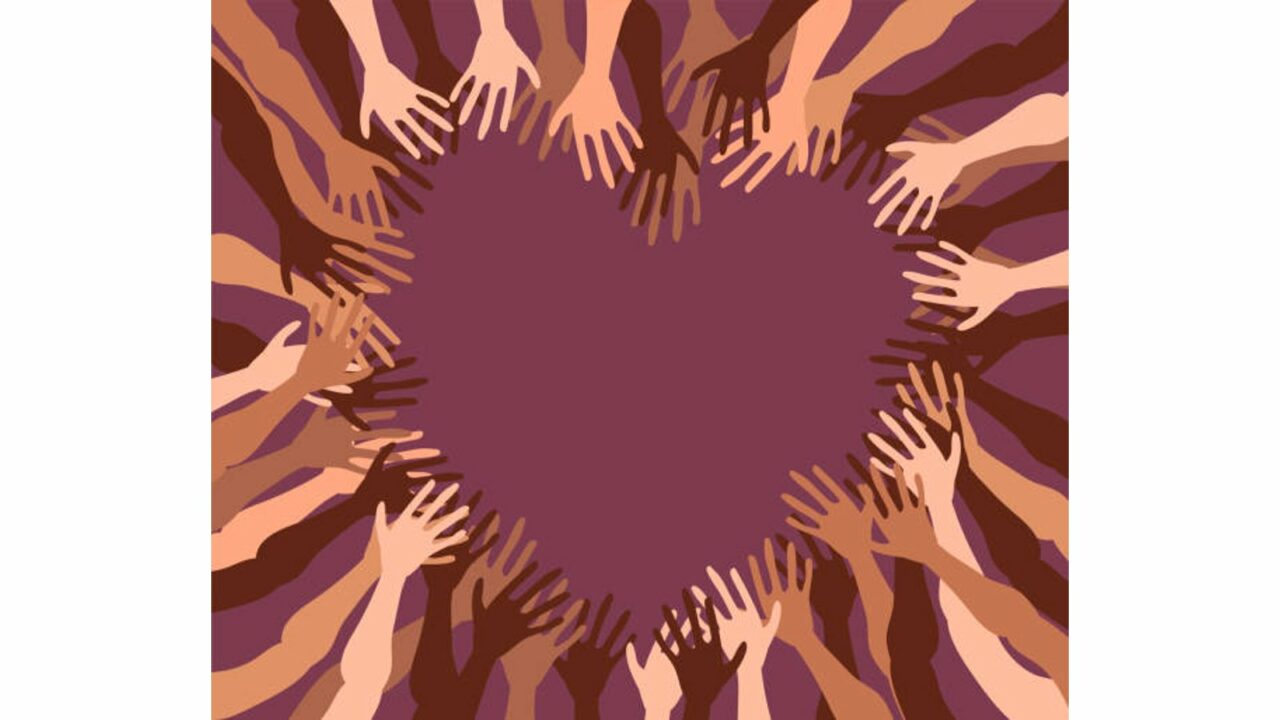Race Unity Day, also referred to as Race Amity Day, is annually observed on the second Sunday of June. This year’s event occurs on. The Bahá’ National Spiritual Assembly initiated it in 1957 in the United States. The objective was to combat bigotry by highlighting racial prejudice. Racism is the belief that humans are divided into exclusive entities known as ‘races,’ that personality and physical characteristics are linked, and that some races are superior to others. The Bahá’s realised that prejudice is an impediment to peace, so they created this day to promote racial harmony and comprehension.
HISTORY OF RACE UNITY DAY
Race Unity Day was founded by the Baha’i National Spiritual Assembly. The assembly, which was established in 1844, is a nine-member elected council charged with coordinating, steering, and reviving the affairs of both the local spiritual assemblies and the individual members of the Bahá’ community in a country. The National Spiritual Assembly must foster the growth and zeal of the national Bahá’ community, respond to inquiries from individuals and Local Spiritual Assemblies, and strengthen the Bahá’ community’s role in national social life.
Despite being organised by the Bahá’ National Spiritual Assembly, Race Unity Day is neither a religious event nor a Bahá’ sacred day. As an extension of Bahá’ beliefs and principles of racial harmony and as an appeal to the larger society to promote a compassionate embrace of the social reality of ever-increasing racial diversity, the holiday is celebrated globally. The holiday is not a holy day in the traditional sense, but it can be viewed as a day that contributes to what some scholars refer to as ‘civil religion’ as part of cultural concepts that are constantly evolving.
Racism applies not only to cultural contexts, but also to legal, economic, and political institutions and systems that indulge in racial discrimination or promote racial disparities in education, wealth, and civil rights. In the 1980s, institutional or systemic racism became a focus of scholarly research with the introduction of critical race theory, which was an extension of the critical legal studies movement. Since the late 20th century, it has been acknowledged that the concept of biological race is a cultural fabrication with no scientific basis.
Democracy Day 2023 (Nigeria): Facts, Dates and History
Chaco Armistice Day 2023 (Paraguay): Facts, Dates and History
Columbia Corpus Christi Holiday 2023: Facts, Dates and History
5 SOBERING FACTS ABOUT RACISM
Black students face prejudice
In the 2015-2016 school year, Black pupils made up 15% of the total student population in the United States, but 31% of those arrested.
The majority of police stops involve black individuals.
In 2018, 80 percent of police stops involved individuals of colour.
More students experience racial discrimination
According to a survey in the United States, 15.8% of students experience racial harassment.
White Americans are arrested less frequently.
White Americans are less likely than Black Americans to be detained.
Racism also effects employment opportunities
People with white-sounding names are more frequently contacted for interviews than those with black-sounding names.
RACE UNITY DAY DATES
| Year | Date | Day |
|---|---|---|
| 2022 | June 12 | Sunday |
| 2023 | June 11 | Sunday |
| 2024 | June 9 | Sunday |
| 2025 | June 8 | Sunday |
| 2026 | June 14 | Sunday |


















